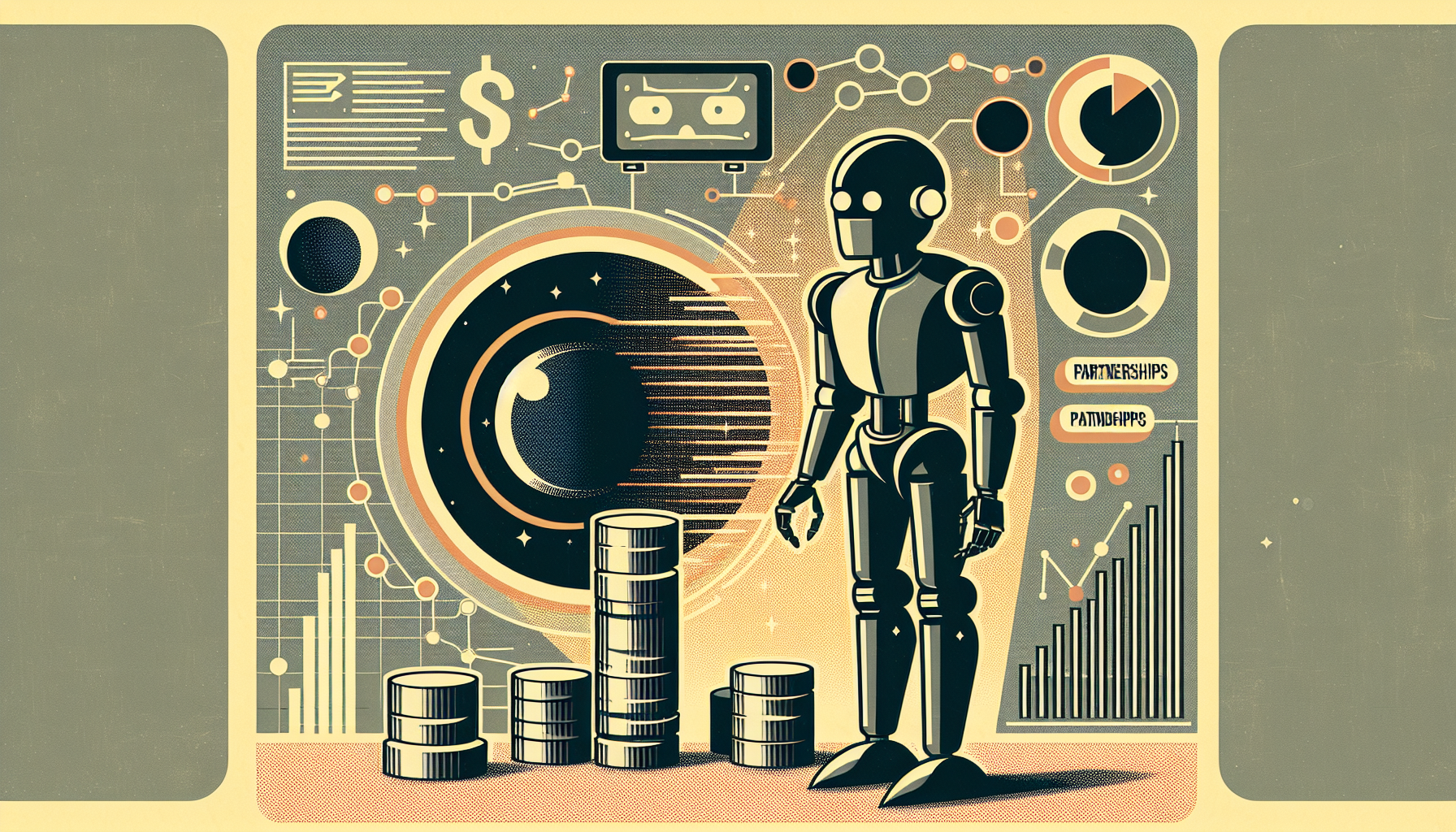Genesis AI is a new robotics software company emerging from years of advanced research. With a remarkable $105 million in early funding, Genesis AI’s goal is both ambitious and clear: to build a universal AI platform for robots. This round was led by well-known investors such as Eclipse Ventures and Khosla Ventures, joined by supporters like Bpifrance, HSG, Eric Schmidt, and Xavier Niel.
Mission and Vision
Genesis AI’s mission is to create a single, foundational AI model that empowers robots to handle a wide range of physical tasks on their own. These tasks might range from moving through complicated, unpredictable spaces—such as disaster zones or busy warehouses—to performing everyday jobs at home. The long-term vision is to create robots that can understand, act, and adapt in the real world, moving past today’s limited, task-specific machines.
The company aims to invent a “universal language” for robots—an approach that uses the rules of physics and patterns of interaction. By doing this, Genesis AI hopes to unlock new levels of automation for industries like manufacturing, logistics, healthcare, and home services. Despite contributing tens of trillions of dollars to the global economy, these fields still rely mostly on human labor. Genesis AI’s technology could help change that.
Technology Approach
At the core of Genesis AI is a unique, data-driven approach that combines three main elements:
- High-fidelity physics simulation: The team has developed an advanced simulation engine that can create realistic, synthetic data. This simulated data is essential for training stronger and more reliable AI models.
- Multimodal generative modeling: Genesis AI’s systems combine many types of sensory input—such as sight, sound, and touch—giving robots a more complete and flexible understanding of their environment.
- Large-scale real robot data collection: The company gathers data from real-world robots and feeds this back into the learning process, ensuring the AI learns from both simulation and actual experience.
By blending these methods, Genesis AI is building what might become the largest and most diverse dataset for robotics. This foundation is designed to allow robots to learn faster, act more safely, and tackle tasks that are currently far beyond the reach of traditional automation.
Founders and Team
Genesis AI was founded by Dr. Zhou Xian, who holds a PhD from Carnegie Mellon, and Théophile Gervet, a former scientist at a leading French AI lab. Their core team brings together experts from companies and universities at the cutting edge of technology, including Mistral AI, Nvidia, Google, MIT, and Stanford. This blend of deep knowledge in artificial intelligence, robotics, and simulation forms the heart of Genesis AI’s innovation.
Impact and Outlook
Genesis AI believes that we are on the edge of a transformation. General-purpose robots driven by physical AI, they argue, will define a new era in human history. Even in today’s most automated industries, robots operate alongside far more human workers simply because current systems are too rigid—they cannot easily switch from one job to another. Genesis AI’s platform is designed to surpass these limitations, providing robotics that are robust, flexible, and efficient.
The $105 million raised will help Genesis AI grow its team and speed up the development of its technology. In time, they plan to share some of their tools with the world, encouraging further progress in physical AI.
Summary
Genesis AI is pursuing a powerful vision: to build a foundational model that allows robots to learn from both simulated and real-world experiences, enabling them to perform a wide variety of tasks—with safety, autonomy, and adaptability. Supported by major investors and led by leaders in artificial intelligence, Genesis AI is poised to help shape the next stage of automation across industries and daily life.

Leave a Reply